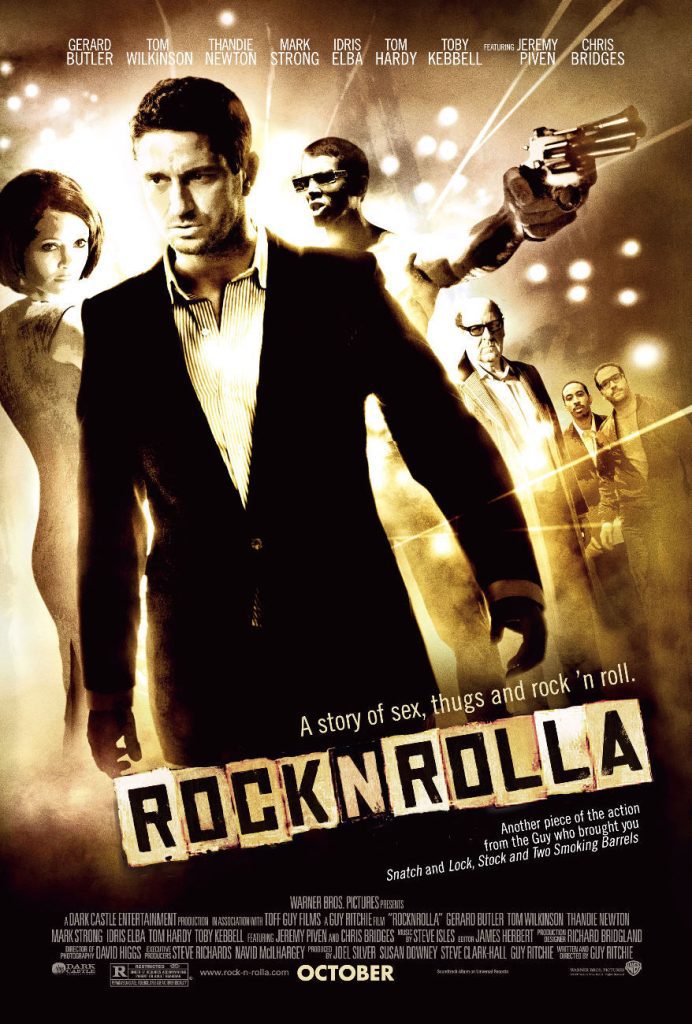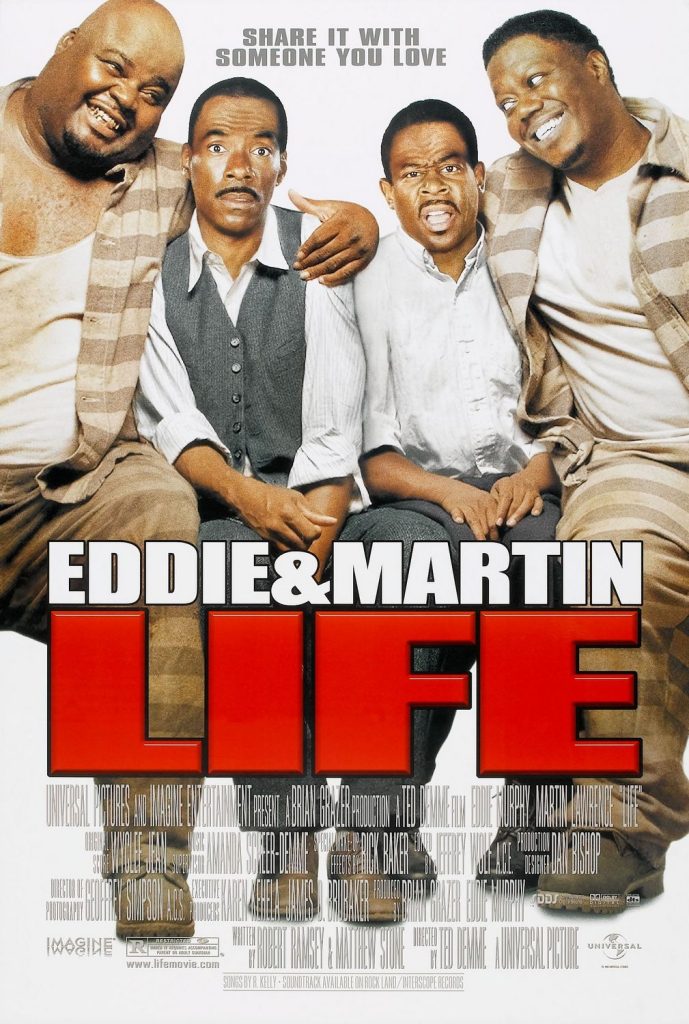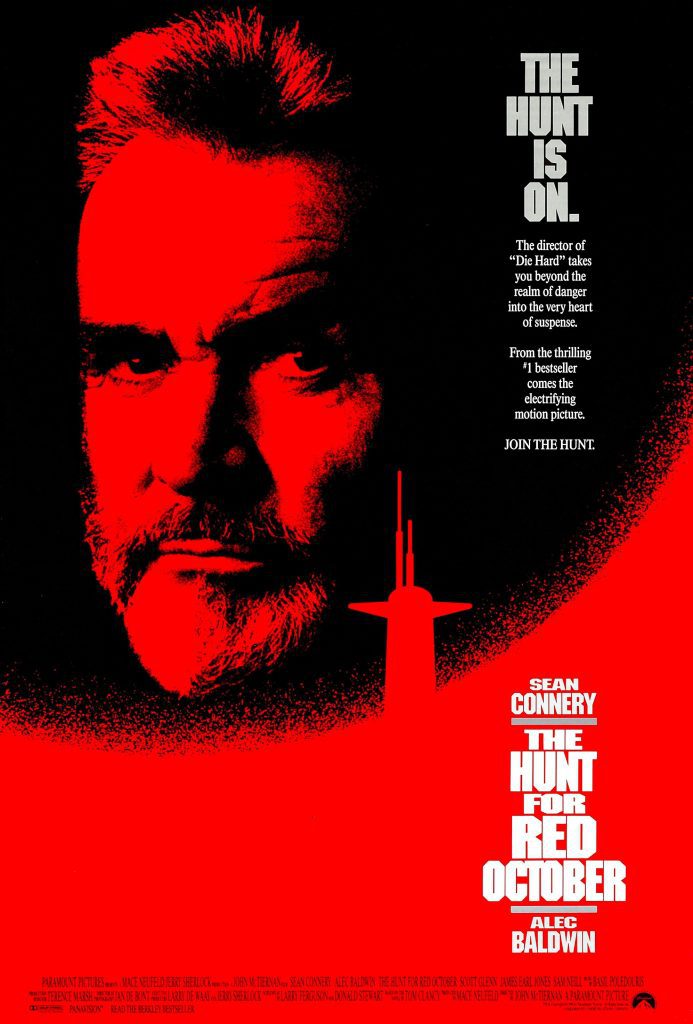
Afew weeks back, I received a call from Sean McGinnis, the editor and webmaster of this site. He had a few discs he wanted to see if I wanted a crack at reviewing. Some were interesting, some were not, but the one that really stuck out was All About My Mother. You may not find the explanation particularly convincing, but my decision to tackle this film followed a specific line of reasoning. Every year I watch the Academy Awards ceremony. I’m not a big sports fan, so it’s my annual Super Bowl. This year, when the Best Foreign Language film award was ready to be presented, I was somewhat distracted by my annoyance that Run Lola Run was not eligible for consideration. So, this film named Todo Sobre Mi Madre (All About My Mother, to us English-speaking cineastes) wins the award. The film’s director, Pedro Almódovar, came across as a bemusing, animated foreigner, a toned-down version of Roberto Benigni. When I heard the title of this movie as a possible review target, it conjured up the memories of hearing something about it at the Oscars. I’ve never been one to venture too far from mainstream films, but I feel if I aspire to be a film critic, then I should expand my horizons. My experiences with foreign films have been Hong Kong action flicks, a smattering of Japanese anime, British humor, a German action film (the amazing Run Lola Run), and a French film about a boy suffering a gender crisis (Ma Vie En Rose). It was time to stretch a bit.
Pedro Almódovar is rather famous among lovers of foreign films. His directorial debut came in 1974 with a short film called Film Político. He built a résumé of edgy, eccentric films before settling down to make (slightly) more conventional fare that would appeal to an international audience. The film that would garner him recognition in the United States was Women On The Verge Of A Nervous Breakdown, a comedy/drama about a woman discovering the truth about the lover who jilted her. Tie Me Up! Tie Me Down! would also receive international acclaim. It was the last film he would make with frequent star Antonio Banderas, who you might remember from such films as Desperado and The Mask Of Zorro.
All About My Mother tells the story of six women, or “women.” The story revolves around Manuela (Cecila Roth). At the beginning of the story, she lives with her teenaged son, Esteban (Eloy Azorín) in Madrid, Spain. She works as the supervisor of an organ donation program, while her son aspires to be a writer. There are hints that Manuela’s life was much more interesting that she ever let on to her son.
On a dark and stormy night, after a performance of “A Streetcar Named Desire,” Manuela and her son wait to get the autograph of the lead actress, Huma (Marisa Paredes). Huma is in the midst of an argument with her costar, Nina (Candela Peña), and ignores the boy’s request. As their taxi races away, Esteban runs after and is hit by a car. He dies. Sounds like a fun movie, eh?
The last request Esteban had made of his mother before being run over was that she tell him of his father. Alas, he didn’t live long enough to hear the tale. Manuela decides to get her life in order by making peace with her son’s father. Off she heads for Barcelona.
The film leaves us in the dark for the first act, giving us few details of Manuela’s life. The first glimpses we see that she wasn’t always a sedentary mother is when she goes to the field outside of town where the prostitutes ply their trade. There she encounters her friend Agrado (Antonia San Juan), a prostitute. Agrado had recently lived with Manuela’s ex-husband, the father of her son. The reason she had left him was because he had a sex change operation and was a drug addict. In the eighteen or so years since she had left Lola (geez, are all potential transsexuals required to listen to The Kinks?), she/he had continued on her/his road to ruin. Manuela meets another woman he/she impregnated, a naïve nun named Rosa (Penélope Cruz). Without going into too much detail, Manuela plays mother to all the women she encounters, including Huma and Nina, helping them all to get their lives straightened out.
I must be honest: All About My Mother is not the sort of movie I enjoy. I despise melodrama. I’m not keen on stories about transsexuals, pregnant nuns, drug addicts, and prostitutes. I’m not fond of pretentious filmmakers who attempt to make saints of those with lifestyles that are obviously self-destructive.
I’m certain I am in the minority among critics to say there’s really nothing I can see worthy of praise in All About My Mother, with the exception of the acting. The story itself the heart of any filmed drama is filled with faux depth but little real meaning. We witness an endless parade of wrecked human lives, and yet they never learn anything or grow as a person. We are bombarded with the platitude, “Accept everyone for who they are.” That’s well and good, but honestly, is it okay to be an AIDS-infected, drug-addicted transsexual who earns a living as a prostitute, steals from your “friends,” impregnates nuns, and then runs away, only to return and practically be seen with a halo around their head? Must we accept that an aging actress really can’t see the harm in staying with a drug-addicted partner because she can’t live to be without her? If this were a teen romantic comedy made in the United States by a no-name director, there would be one word used to describe a relationship that needy: pathetic. Is it really noble to pay gross amounts of money to receive plastic surgery because you’re uncomfortable with your appearance, or because you’ll make more money whoring yourself on the streets if your breasts are a little perkier? Especially when the perky breasts cut a sharp contrast with the decidedly male penis a few feet lower?
Some critics heralded the ironies of the film. To butcher a cliché, one critic’s irony is another critic’s convenient plot device. The film’s most glaring plot convenience is that Agrado knows this nun who knew Lola, who impregnated her, and who also happened to be the father of Manuela’s son! My, what a grand way to tie the story together! Now let’s name Manuela’s son Esteban, which happened to be his father’s name before he became a woman, and then let’s have Rosa name her baby the same thing! It’s like rain on your wedding day!
To go back to a word I used earlier…If I had to use one word to describe All About My Mother, it would be “pretentious.” Dictionary.com defines it thusly: “Claiming or demanding a position of distinction or merit, especially when unjustified.” Almódovar’s writing and direction veritably scream, “Look at me! I’m super-important!” Bah. Apart from bold colors bordering on garish, Almodóvar shows little visual flair. The story, as I’ve already said, shows an excessive use of coincidence and demonstrates no character development. I can’t understand why it garnered such acclaim.
The one good thing about the movie is the acting. Cecila Roth brings strength and warmth to Manuela. For a woman with such a trying life (even if the trying life is simply the machinations of the plot), it takes extreme emotional fortitude to console and comfort others without making demands for your own needs. Likewise, Antonia San Juan’s character, Agrado, brings comfort through humor. Both roles are skillfully portrayed. The other actresses are also noteworthy, though none have the potency of Roth or San Juan.
Columbia did their typically exemplary job producing the DVD of All About My Mother. The film is presented in 2.35:1 anamorphic and a 1.66:1 matted presentation, on opposite sides of the disc. The transfer is clean, coping very nicely with the film’s boisterous color scene. The only time it presents problems is during several sequences showing the stage production of “A Streetcar Named Desire.” For some inexplicable reason, the stage’s background is bright blue, not unlike the bluescreens used for special effects work. At times, the blue background bleeds into the foreground. No digital artifacts are visible, though occasional dust motes are visible. Audio is presented in Dolby Digital 5.1 and Dolby Surround in its native Spanish. In keeping with the film’s dramatic nature, the sound is not aggressive, and is mostly confined to the front channels. The music occasionally invades the rear channels, adding atmosphere to the picture. Extras consist of a 24-minute “Intimate Conversation with Pedro Almodóvar,” a three-minute making-of featurette, an isolated score track, and cast and crew biographies.
If I didn’t already make it too obvious, I didn’t care for All About My Mother very much. Your mileage may vary. That’s the beauty of cinema: there’s something to appeal to everyone. I do have a wide range of tastes how many people consider Casablanca, Pulp Fiction, and Mars Attacks! their favorite movies? but I found no redeeming value to All About My Mother. In no way did I find it a movie I would want to watch again, or that I would recommend to a friend, or to the readers of this site.
If you’re a fan of foreign cinema or Pedro Almodóvar, you may want to check out All About My Mother. It will have little appeal to anyone outside of those groups.
For more movies visit Soap2day.







